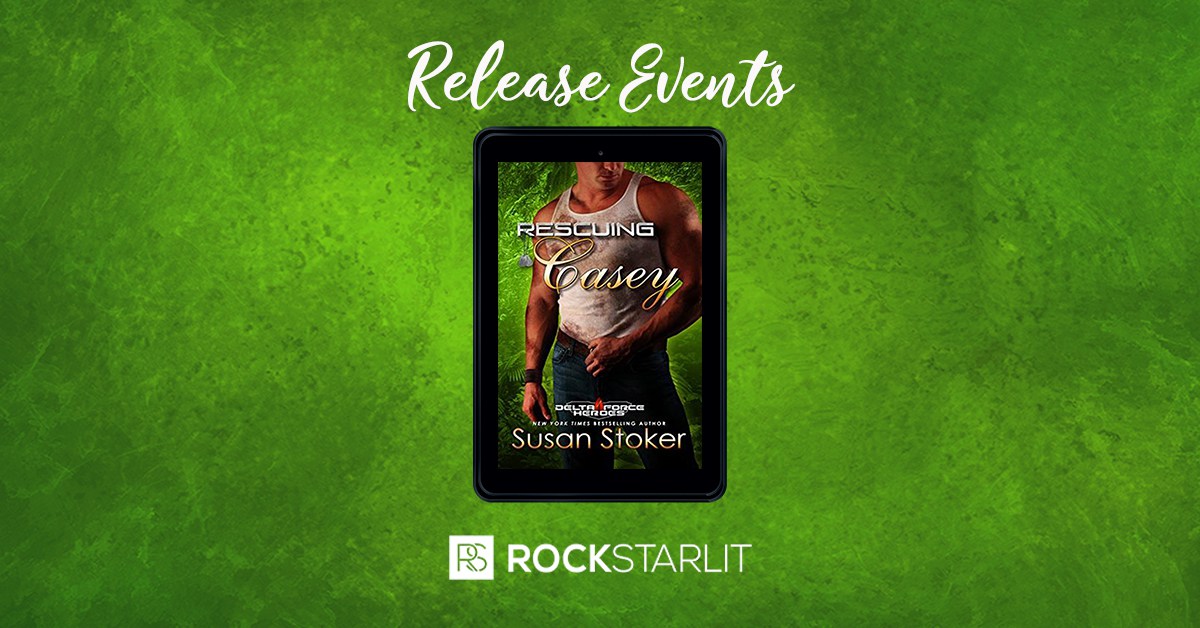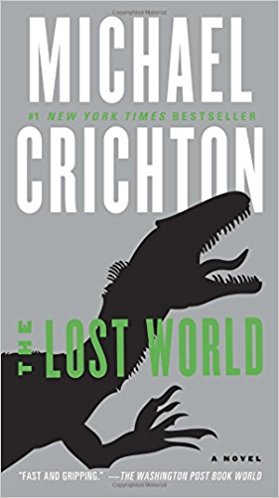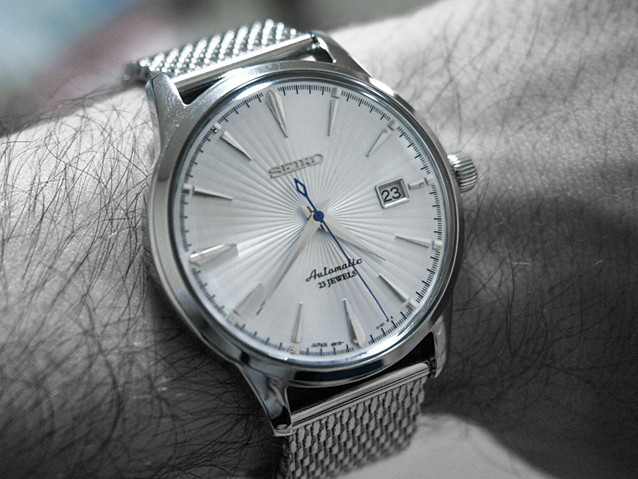
Warning: this is a love letter to Rick Riordan’s imagination, an ode to his talent. If you hate his books, you’d better not read this – I don’t wish to bring down anyone’s wrath. You know gods and curses and monsters, and their whole ilk have already had an effect on me. I just wanna spread love and happiness. So basically this is me fangirling about books whose target group I grew out of a long time ago, but which I hold dear nevertheless. Or maybe looking back with fondness on those early teenage years is the precise reason why I love them so much. Here goes!
Dear Uncle Rick
This is something I should have written ages ago. Some recent reads of the same genre your books belong to have made me realise how much they pale in comparison to yours. Therefore, I feel it necessary to compose this little rave review and shout it out loud: You are a fucking genius!
I’ve been trying to think about why your books stand out and what makes them such compelling reads suitable for a wide readership. Personally, I think your books’ appeal is based on the trifecta of plot, characters, and style. But it’s not only these three aspects that make me a die-hard fan of your work. No, it’s a genuine understanding of the workings of the mind of teenagers, and sympathy for their problems, hopes, and fears. All these elements make for an unforgettable reading experience for young and old.
You are most commonly known for your Percy Jackson books. However, since Percy Jackson, you have been entertaining us with more books that deal with mythology – Greek, Norse, or otherwise. Obviously, I liked all of them. Let me explain why.
The first thing I adore about your books is their style. I just love your characters’ sense of humour. The snark, oh the snark, give me more of that snark. Honestly, I love Percy Jackson’s self-deprecating comments as much as Lester Papadopoulos’s arrogance and Alex Fierro’s deadpan jokes. You really seem to hit a nerve with what teenagers want to hear without ever being crass, thus making your books perfect for middle school readers. No wonder you have sold millions of copies and acquired legions of fans around the world. Now I concede that most of your books follow the same pattern: an underdog unexpectedly ends up in the middle of a mythological dilemma, and with the help of friends – human, godly, or supernatural – has to complete a quest. Adventure and friendship ensue. Funnily enough, I, like so many others, can’t seem to get enough of that magic. I know that you have been criticised for this trick. Some even dare to call it “the Percy Jackson problem” (cf. Rebecca Mead 2014). Critique has been mostly focused on these two aspects: repetition and the colloquial language to ingratiate with a young readership to milk the cash cow. Now, first of all, I don’t see why an author shouldn’t be allowed to be economically successful by using their talent. Maybe it has to do with a wrong romanticism that wants to see the artist as a poor devil barely getting by, living off their imagination and their wistfulness. Neither do I want to claim that blind consumerism or capitalism is right. But being able to make a living by using your talent? That’s just fantastic! Congratulations! Seriously, folks shouldn’t resent you your success. The second point I’d like to make is that the language and the similar story arcs are what 1. make young people read and 2. what keeps teenagers reading. In her article Mead complains about your style and that she’d prefer her kids to read J.K.Rowling’s books. Now god bless our queen J.K., but I wish people stopped comparing every teen or YA fantasy book with her books. Yours are different in style, yes, but not worse. I stand with Neil Gaiman (another miracle): as long as young people read, we are okay. What we don’t need is snobbish adults telling kids what is allegedly inappropriate or a poor writing style. Plus, it doesn’t mean your books are trash or damaging teenager’s language skills. This is ridiculous. You know what Ms. Mead? Some people might enjoy our Uncle Rick’s books when they are young and then move on to more advanced reading – and some may not. I do see Mead’s point that there is a danger that young readers will go looking for the same kind of entertainment when they’re adults. However, this argument is based on the premise that everyone wants to be a literature major. Some people really should get out of their ivory tower and have some fun every once in a while. So just for the record: I love your style. As a teacher and learner of languages myself, I appreciate how well you capture teen lingo and still manage to move forward an exciting plot. I love the adventurous ride your books are – full of mindblowing action, soul deep friendship, and heartstopping cliffhangers. The writing is captivating, well-paced and addictive. Therefore, your books stand out; it’s what makes the difference between an okay writer, a good writer, and a Rick-Riordan-class writer. Also, and most importantly, it’s what makes your books so enjoyable for an adult readership as well. I often read books for middle school kids or teens, and ask myself: Will kids like that? Maybe, I can’t tell for sure. There are novels I find good or okay, and I’d probably consider them appropriate for the target readership, but they’re nothing I particularly enjoy myself. Your books, on the other hand, are those rare reads that can be genuinely enjoyed by any age group. Personally, I find them hilarious and highly entertaining.
But it’s not the writing style alone that has won you well-deserved accolades. It is also your incredibly inclusive characters that make your books unique and that have earned you, among many other awards, a Stonewall Book Award. It is given to authors who promote the rights of the LGBT community. With the honest representation of trans and homosexual kids in your books, you are doing more for the world to become a more tolerant place than any teaching or campaigning can do. And it never feels like: “oooh throwing in some LGBT characters will make me so hipster cool.” On the contrary, the unexcited and natural inclusion of these characters offer kids a canvas for identification that is sorely needed. Your books offer both an escape and a place where teenagers are accepted and loved the way they are. And not only LGBT kids. Many minorities and oppressed groups will find themselves represented in your stories. Percy Jackson is dyslexic and ADHD. Another character is deaf. There are native Americans, mixed-race kids, and observant Muslims. Most of the characters are going through difficult phases in their lives. As if adulting isn’t enough of a hassle already, most of the protagonists are kids whose survival skills are tested over and over again. Their circumstances are far from ideal. They are often poor, live in abusive families, have lost their home or a parent, or just have plain shitty parents. Complicated family structures are the essence of your books as much as they are at the core of the myths you are resurrecting. The latter point, I believe is also vital regarding our history and values. Myths and religion are what all societies are built upon. Raising interest in the different ways humanity has tried to make sense of the world and in the development of our ever searching minds is not only relevant – it’s beautiful. Your stories quench our thirst for these essential, mind-boggling questions about the cosmos that have been keeping us busy for eons. It all comes down to: What’s the meaning of life, the universe, and everything? What the fuck are we doing here? And how is each and every person connected to that? To something bigger than themselves?
Here’s to you, Uncle Rick, brandisher of the literary sword, king of puns, teller of jokes, weaver of myths. Storyteller.
Yours truly,
A devoted fan
Article I referred to:
Mead, Rebecca. 2014. “The Percy Jackson Problem.” The New Yorker. https://www.newyorker.com/culture/cultural-comment/percy-jackson-problem
Advertisements Share this:





